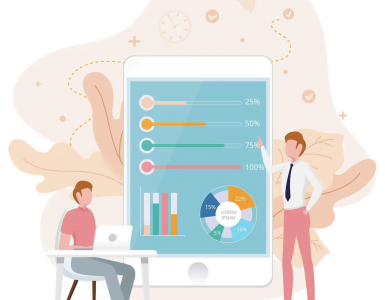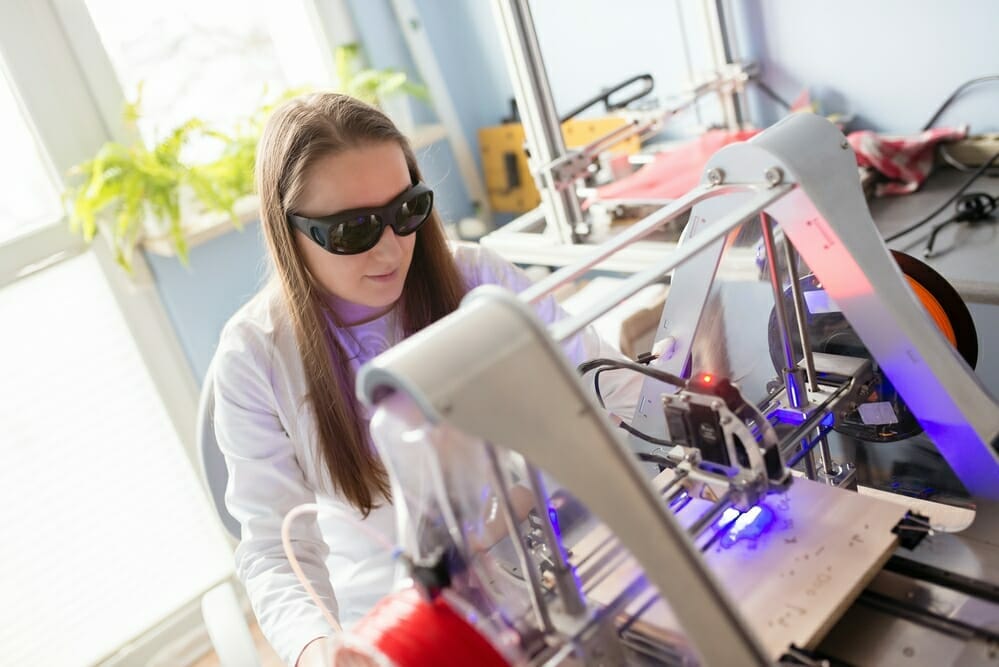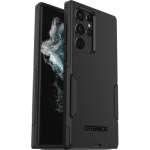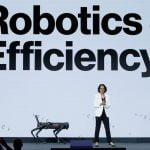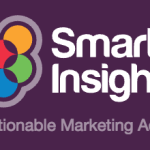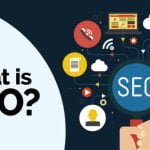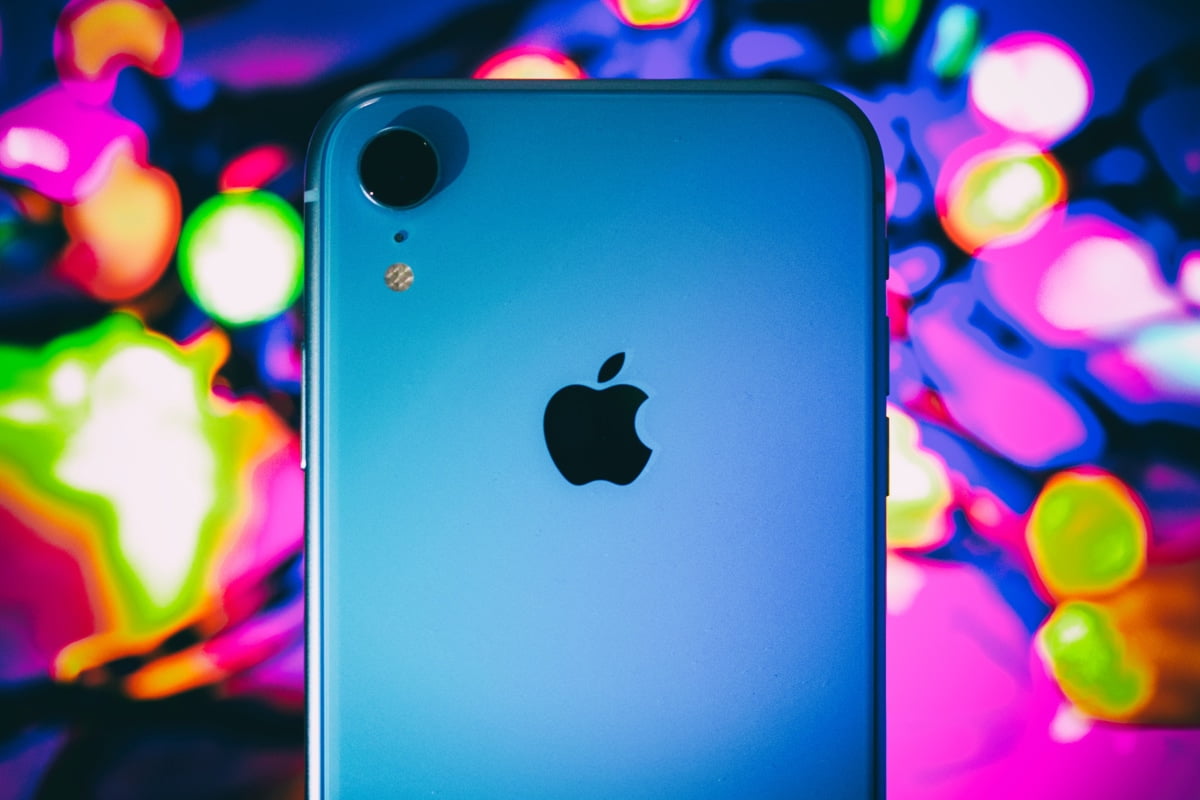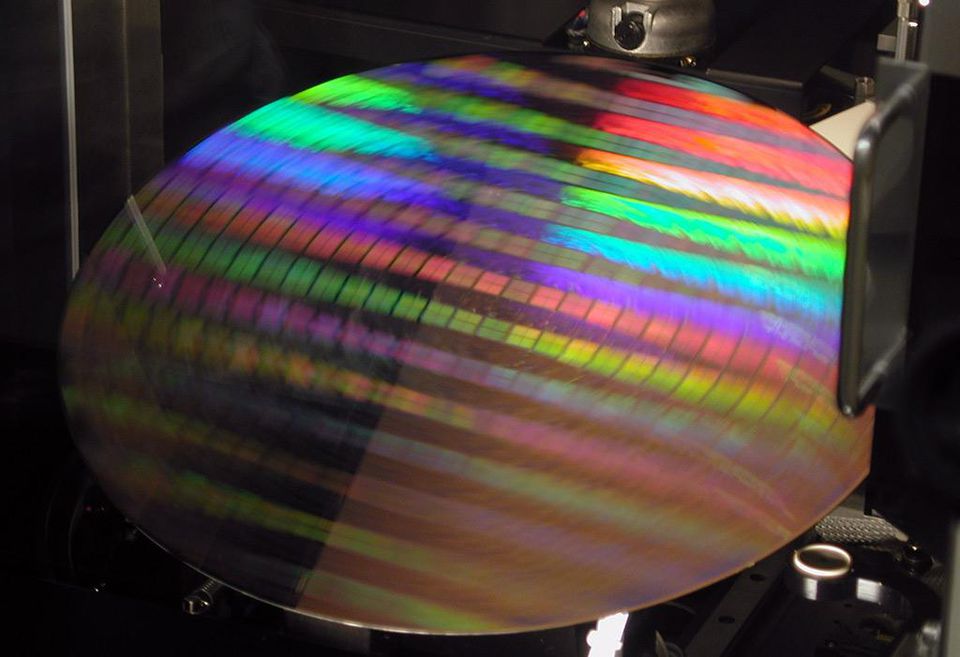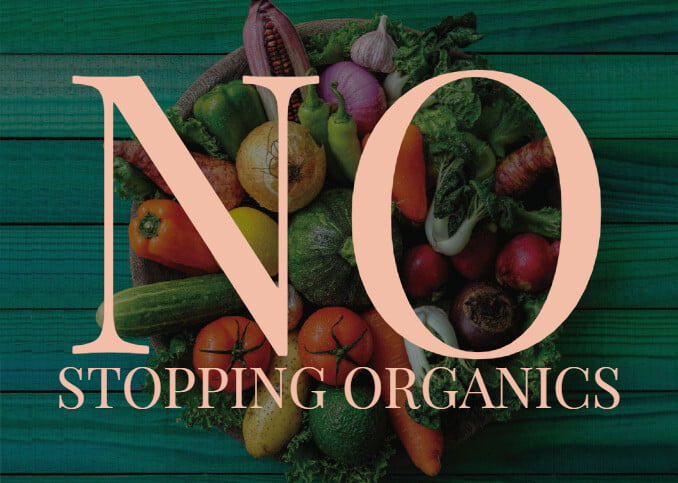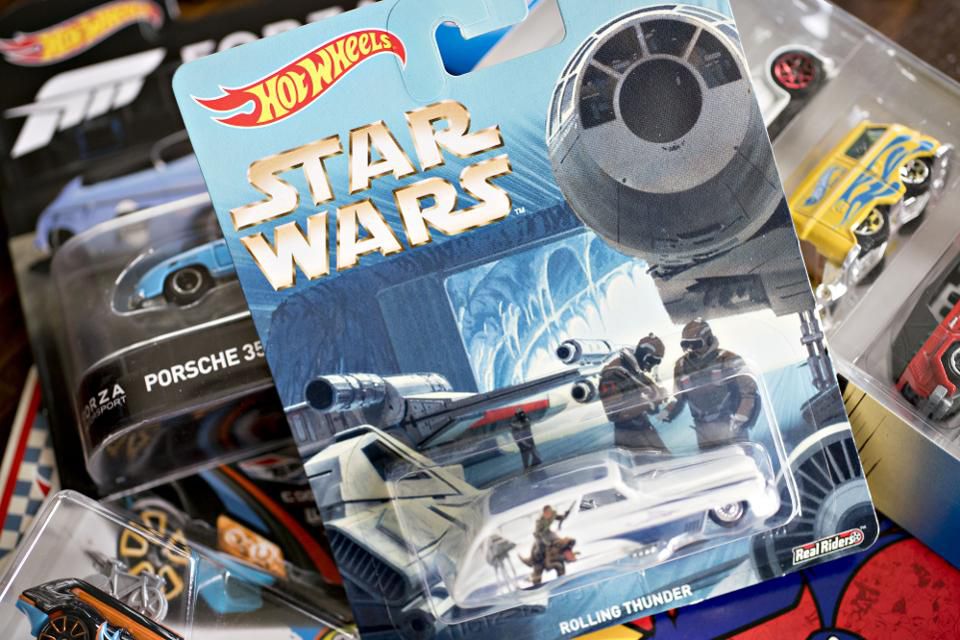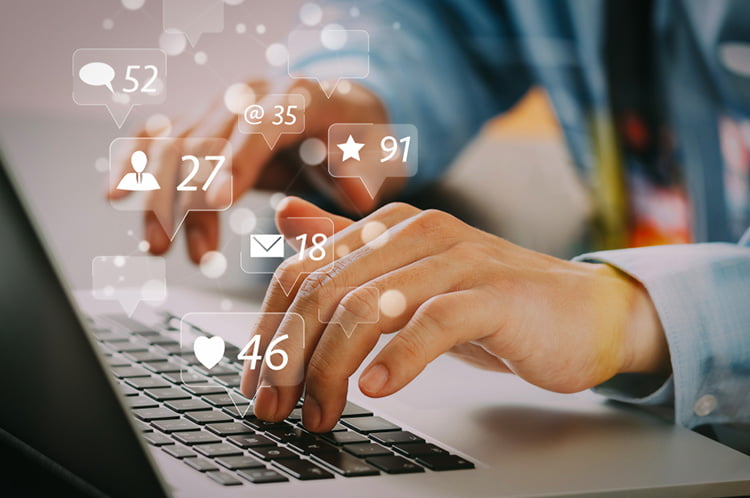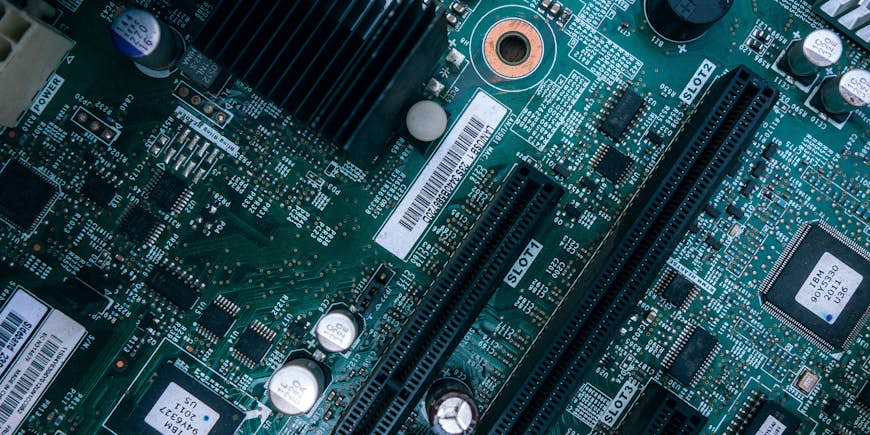
The AI market is expected to be worth $36.8 billion by 2025, and as this autonomous branch of digital technology continues to evolve, we expect to see a host of incredible developments to emerge in the not-so-distant future—especially in this emerging age of the metaverse.
While AI has been proven to enhance our daily consumer lives—with the adoption of autonomous vehicle technology, fitness devices, voice assistants, and smartphones—it has also served to improve the digital marketing efforts of businesses across many industries.
Not only is AI proven to boost a company’s productivity by up to 40%, but if leveraged strategically, autonomous technology can help brands to:
- Streamline their workflows to deliver more effective marketing campaigns
- Meet their customers’ expectations head-on at every stage of their journey
- Boost conversions and prompt sales across a multitude of channels and touchpoints
Indeed, if utilized tactically and creatively, AI technology has the potential to help you connect with your audience on a deeper level than ever before, resulting in ongoing business growth.
To put this notion into perspective, here we explore some quite different but equally inspiring uses of AI in digital marketing.
The first of our inspiring AI in digital marketing examples comes from Sephora. Understanding the power of AI early on, thriving cosmetics brand Sephora has been using chatbot technology to offer its audience the most personalized, informational customer experience possible.
After conducting some extensive consumer research, the brand realized that many customers found Sephora’s extensive choice of products overwhelming, having to browse through a host of pages to find something suitable in certain categories.
In response to this, Sephora launched an interactive quiz to help guide its users through the shopping process, led by chatbots which offer tailored tips and suggestions based on specific answers or responses. Due to the success of the initiative, Sephora now offers its very own chatbot-powered shopping service via Facebook Messenger as it continues going from strength to strength.
This ultra-personalized AI-powered Messenger service includes a virtual color match assistant, a reservations assistant, and even KitBot: an autonomous chatty make-up tips and advice expert.
For more industry-specific marketing inspiration, read Glossier: a thoroughly modern beauty brand.
Contents
Lowe’s and AI
A forward-thinking brand that has successfully enriched its in-store shopping experience, Lowe’s has introduced its very own AI development – the LoweBot – to offer its consumers personalized suggestions and tailored information as they browse its colossal US stores.
Not only does its AI-driven technology help to give its customers a seamless shopping experience, but by automatically tracking stock and inventory in real-time, the store’s rolling kiosks provide its marketers with invaluable insights on consumer shopping trends.
Speaking about the brand’s technological triumph, Josh Shabtai, Director of Lab Productions at Lowe’s Innovation Labs, explained: “We utilize our stores as living labs to rapidly test our prototypes and gather real-world feedback on the new experiences we’re delivering to demystify home improvement.”
For more on autonomous technologies for customer communications, check out our essential team talk on chatbots.
Netflix, the world’s leading SVoD content streaming service, needs little introduction. However, not many people know that it’s possible to attribute a great deal of the unstoppable success of Netflix to its cutting-edge approach to AI.
As we know, user experience (UX) is paramount to the ongoing success of any business, regardless of its industry – and when a customer has a positive experience with a brand they’re likely to share it with their peers online.
To enhance its overall UX and tailor its service to the individual user, Netflix uses AI-driven machine learning technology to provide personalized content recommendations based on a user’s preferences in addition to what they’ve enjoyed in the past. Moreover, Netflix uses an AI development to automatically optimize streaming quality and avoid any quality or buffering issues.
Over 80% of the shows people watch on Netflix are now based on its personal recommendations platform – a testament to its power in a time where people demand more value than ever from the brands they’re willing to invest in.
Starbucks and AI
Some 60 million adults now use voice search at least once a day. In addition, 72% of Americans currently own a smart speaker (like Siri or Alexa) of some variety.
Voice technology is on the rise, and those who embrace its possibilities stand to reap great rewards. Starbucks is no exception.
To offer its audience an additional layer of consumer value, the coffee colossus integrated one its most subscribed apps with Amazon’s Alexa technology. In doing so, its customers can now use their very own ‘My Starbucks Barista’ service to place and modify orders, as well as confirm a pickup location for maximum convenience – a seamless blend of voice and chatbot innovation in action.
Due to the success of its ‘My Starbucks Barista’ app, the brand has broadened its AI innovations by adding AI-powered Mastrena II espresso makers (machines that essentially complement the pre-ordering capabilities of the app) to thousands of its outlets to offer a more consistent and streamlined coffee-making experience to its customers.
Boasting a whopping 31.2 million mobile customers to date, it’s clear that initiatives like this are driving incredible levels of growth and engagement across the globe.
The Economist and AI
The Economist is a widely-respected digital publication but around 2016/2017, its audience began to dwindle.
The publication leveraged the process of AI-driven programmatic advertising to its advantage, buying and selling targeted adverts autonomously. By using this process to capture data and analyze consumer data in detail, The Economist was able to identify a segment of its audience that it considered to be reluctant readers.
By analyzing web and app usage autonomously, they drilled down into specific reading habits or preferences and, as a result, found better ways of approaching their prospects online. Also, by focusing on matching cookie, subscriber and additional data sets to discover new segments and create lookalike audiences, the publication managed to yield a host of positive results that have served to boost its readership levels once again.
In summary, this forward-thinking campaign encouraged 3.6 million new readers to engage with the publication, achieving an overall return on investment of 10:1 from the initial wave of revenue generated from these prospects. That’s no small feat in an ultra-competitive digital environment.
This new data-driven, AI-centered business model has cemented continual subscriber growth since 2017, with a rise of 9% (90,000 new loyal) subscribers during 2020 to 2021 alone—an impressive feat in challenging times.
Nestle and AI
Last but certainly not least in our rundown of AI in marketing examples is a dash of autonomous innovation from Nestle. As a modern brand, focusing on content creation at scale is important. But, if what you’re producing fails to offer personal value, it will drain your budgets while offering little return on investment (ROI).
To enhance its content marketing efforts and create personalized communications for its audience, global food and beverage giant Nestle used natural language processing (NLP) technology to produce targeted content for various segments of its audience.
In addition to this content-centric innovation, Nestle also uses AI-driven data processing platforms to get well and truly under the skin of its customers (resulting in new innovations including virtual assistants and chatbots)—consistently transforming insight into action—a digital shift that has advanced sales in recent years.
Thoughts on the place of AI in marketing
If utilized creatively and with the consumer’s wants, needs and desires at heart, the use of AI in marketing offers incredible rewards in terms of growth, evolution, development, and ongoing success in an increasingly competitive digital landscape.
These six inspiring uses of AI in digital marketing offer an insight into the sheer scope of autonomous technology in modern society and, as technologies progress, these examples are probably only the tip of the iceberg.
Embrace AI today and you’ll enjoy great rewards tomorrow and long into the future.
Article updated 2022
Get Started in Digital Marketing Today!
Learn the latest and most relevant digital marketing skills with DMI’s Professional Diploma in Digital Marketing. From SEO to website optimization to analytics to PPC to social media and email marketing, you’ll learn everything you need to execute successful digital campaigns and advance your career.
[“source=digitalmarketinginstitute”]


